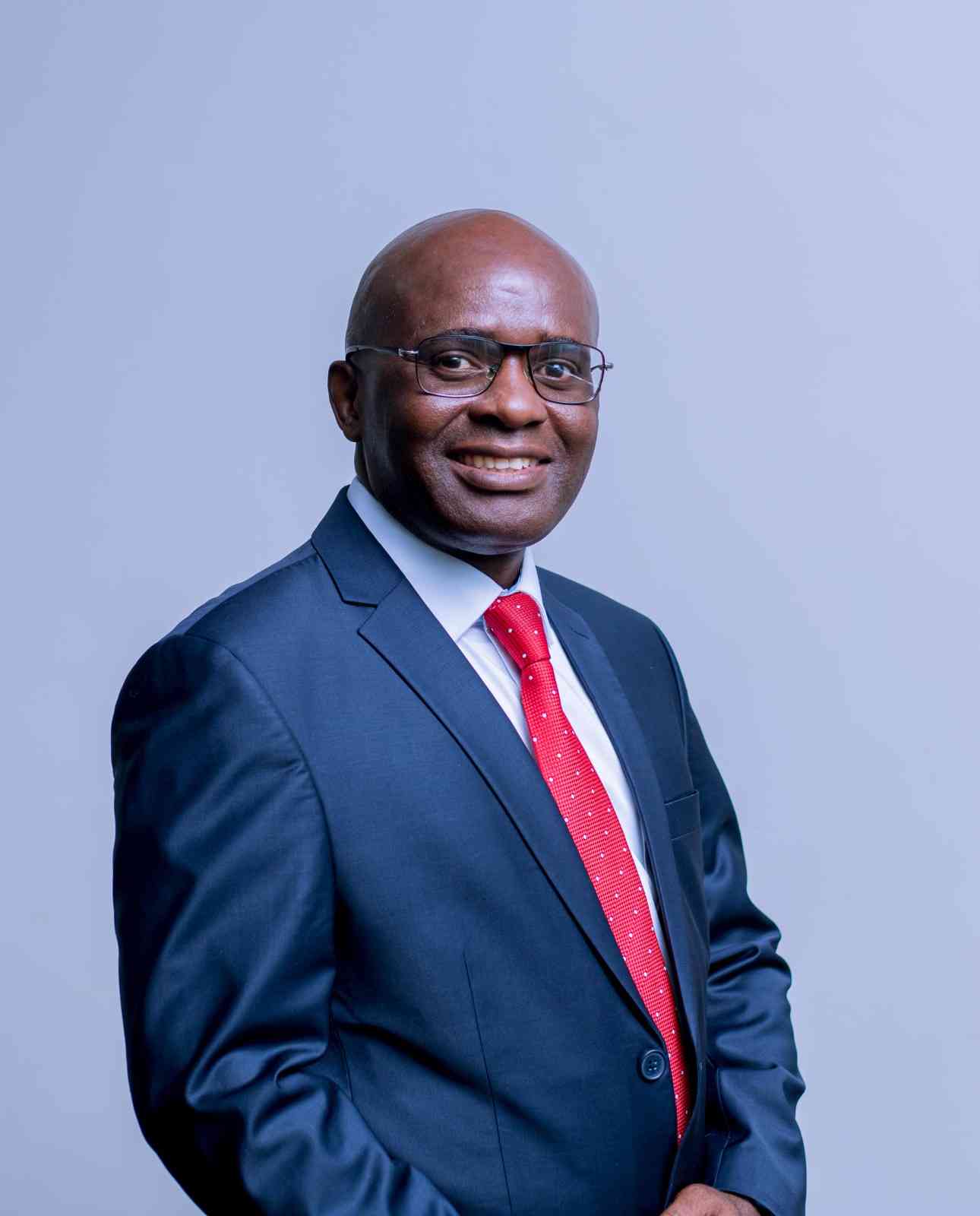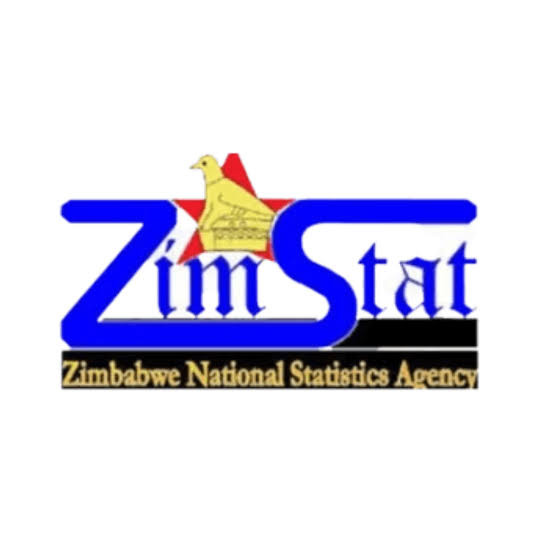
AT the recent annual conference of the Institute of Bankers of Zimbabwe (IoBZ) in South Africa, a clear message emerged: The future of banking is not about bricks and mortar, but about seamless integration into daily life. In this exclusive interview, our assistant editor Mthandazo Nyoni (MN) sat down with IoBZ vice-chairperson Elisha Chibvuri (EC) to unpack the key takeaways. They discussed the critical shift towards “ecosystem banking”, the urgent need for collaboration over competition and how artificial intelligence (AI) and environmental, social and governance (ESG) initiatives are reshaping the sector. Chibvuri also addressed head-on the perception that banking in Zimbabwe has lost its relevance, arguing that its services are simply becoming more embedded and invisible than ever before. Find excerpts from the interview below:
MN: The IOBZ held its annual conference in South Africa last week. What are the key takeaways from the conference?
EC: For me, it was critical that we discussed issues that are truly relevant to the world we live in. You would have heard from all the speakers: two on artificial intelligence, two on ESG. These are issues that are really affecting businesses. This is not just happening in the banking sector; it is everywhere. In the opening remarks, the keynote speaker, Stafford Massie, simplified it by saying: if we are providing a service and people are still visibly interacting with and talking about that service, we have not really started.
You know you have started when the service becomes seamlessly embedded, when it is in the bloodstream of everything. Within our institutions, we are talking about ecosystem banking. As is often said, banking should penetrate all sectors of the economy. But the way it does that is not by people coming to physical branches. People should be able to do whatever they need from their offices, online.
More importantly, they should be able to do it within their own business platforms. You heard examples of where retailers and banks can offer white-label products. Let me give an example from back home in Zimbabwe. At Pick n Pay, for instance, they offer a white-label product — a card. On the face of it, it is an OK card or a Pick n Pay card, but it is powered by a bank in the background.
We get to a situation where customers do not even know that ZB, AFC, or Stanbic exists, because they access the service through their providers. It is white-labelled. So, ecosystem banking is very important.
MN: Interesting…
EC: Going forward, it will not be the individualistic banks that succeed, but those that collaborate. It is not about competing for a finite pot of money; it is about collaboration. Our market is small. There are certain things we can offer together. For example, core banking systems can be shared, provided you establish enough governance rules.
- Banking sector quakes over AI
- Govt digitises tax payment
- City of Harare, UNFPA and ZB jointly launch community health equity fund
- IOBZ Banker's Diploma gains UK accreditation
Keep Reading
You can share ATMs. You can share point-of-sale machines. This allows us, holistically as a country, to operate on leaner platforms.
MN: I am sure artificial intelligence (AI) will help you with that.
EC: Yes, going forward, artificial intelligence will be able to facilitate that for us. We have a lot of data. We can work on that data — as you heard from the speakers — to ensure we offer products that are hyper-personalised to individuals, because that is very important.
These are not futuristic topics; they are current. These things have to happen now.
Another key point, which came out when Professor Arthur Mutambara presented, was the impact of these technologies on human capital. I liked his approach. Do not fear it. Yes, some jobs will be lost, but others will be created and some will be modified. The hope is that the total number of modified and new jobs created will be greater than those destroyed.
MN: What was the lesson for employees?
EC: The lesson for employees in banks and other financial services organisations is to ensure we continually upgrade our skills, aligning with those in demand and moving away from those that will become obsolete. Otherwise, you risk losing your job. Overall, I would view artificial intelligence as a positive development for the financial services sector, for employees, for everyone.
Because in the end, if a financial institution can use AI for monotonous tasks, it can redeploy re-skilled staff to be more customer-facing to seek new business. This helps the institution, and the country, to grow.
We also heard a presentation from the lady from the International Monetary Fund talking about the social governance impact, as well as issues around climate change, sustainable finance, the Green Climate Fund, and all those related topics. These are critical. That is the direction we are moving in.
MN: What is your word of advice to financial institutions regarding AI?
EC: Financial services institutions and banks should view this as a positive development. When you support your customers sustainably, it means your profit and profitability also become sustainable and the longevity of your institution increases. It is quite important. Overall, it was a critical topic, and we took a lot of notes which we will be incorporating into our policies across different financial institutions.
MN: Do you have any other takeaways?
EC: Another takeaway is the potential for collaboration with our regional counterparts. We have the IoBZ in Zimbabwe, and there are other bankers’ associations; each country in Southern Africa has its own institute of bankers. We can collaborate, for instance, when we host a summer school, we can invite Zambians and South Africans to learn together and share best practices. We can help each other in specific departments to become more resilient as a sector.
MN: What is your role in all this as IoBZ?
EC: I want to mention the capacity building we are doing as IoBZ. We want to ensure that the courses we offer to bankers are aligned with these changes. You will see a significant infusion of artificial intelligence and ESG courses in our syllabus. This has already started, as we have senior trainers who come in to train bankers on demand and institutions are free to approach us for specific training.
You also heard about our collaboration with Bangor University and the accreditation of our local IoBZ diploma with other United Kingdom institutions.
We will be doing more of that so our bankers are employable elsewhere and can collaborate and understand deeper, wider markets. This ensures our sector remains aligned with global developments. For me, those are the key takeaways.
MN: You spoke about courses on AI and ESG. When will you start offering these courses?
EC: You will note that in the training we are already doing, in collaboration with universities such as the National University of Science and Technology, we are already incorporating these topics. We are ensuring that credit courses, for example, incorporate ESG, and we are looking at how AI can be infused into lending and other operations.
This has already started.
For some elements, it is a question of bringing in examiners from other institutions to collaborate on including these in our syllabus. The syllabus changes are already in progress, and you will see a full rollout in 2026 for most of these updates. So, from the April and October examinations sessions next year, you will see those changes. It is a collective effort.
MN: Some people think the banking sector in Zimbabwe is dead and has lost its relevance, citing subdued lending. What is your take on that?
EC: The banking sector is not dead at all. Drawing from the lessons of the presenters, banking is starting to become embedded. That does not mean it is disappearing; it means it is becoming more infused in your life. You have your mobile phone here and you can be doing transactions back home. Yesterday, I was buying electricity and sending money to colleagues via ZIPIT. I did it from here, not in a physical bank.
So, banking is being done in offices and in our homes. You don’t see it because it is becoming embedded.
MN: How about the issue of loans?
EC: Regarding loans, these are aligned with what is happening in the economy. You will note that at the moment, the monetary regime is following a tight monetary policy, which means the liquidity available for banks to lend is reduced. However, you have seen many banks seeking lines of credit from abroad. This brings new money into the country for lending. I have been happy to see utilisation levels in the productive sector and industry going up as a result. Furthermore, banks are linking on an ecosystem basis with mobile network operators and retailers, offering products directly through those institutions. So, when you look at the numbers, you also have to consider the significant activity happening in the informal sector that isn’t formally recorded.
So, I would not say it has lost its relevance.
MN: Anything for the informal sector?
EC: What we should also be doing as banks is ensuring that, as the informal sector grows, we offer more products tailored to it. Zimbabwe has become more of a cash-based economy. The challenge for us as financial institutions is to ask if we are doing enough in terms of loans disbursed in cash, for example. On the lower end of the pyramid, you have seen many financial services companies incorporating microfinance institutions and they are doing quite a lot. What is probably lacking now is scale. We need to scale up these efforts. But I would not say banking is dead. Banking is just changing.
MN: What major challenge are you facing as a sector?
EC: Well, a key challenge is the subdued lending you mentioned, which stems from the macroeconomy. We would like to do more lending, but we can only do so when we have the liquidity. So, the issue of relatively high statutory reserve requirements and high liquidity thresholds contributes to less lending. In terms of infrastructure, it is quite expensive to operate in Zimbabwe. If you look at banking systems, licensing fees and the need to source locally while still offering a reasonable service to customers, you must account for these costs.
There have been issues around bank charges. Yes, if you compare with regional and international averages, you would say Zimbabwe has higher banking costs.
MN: But is that not so?
EC: I do not think that relates to banking only; it is across all sectors. We speak to manufacturers who are exporters, and they say at times it is cheaper to import certain goods than to produce them locally because the cost of production is high compared to other countries. Electricity outages, poor infrastructure — when you factor in the cost of running generators or installing solar power at an institution, these costs have to be factored into the cost of producing a service.
If you compare with a neighbouring country that does not have these costs, it is not a like-for-like comparison. I would urge anyone making those comparisons to analyse the costs driving the service in this sector and compare them with the costs in a similar country facing similar challenges. Then you can ask: are we overpricing, or are we not?
I think we need to look at this at a country level and ask: how do we reduce the cost of production? How do we improve our overall competitiveness for exports?










